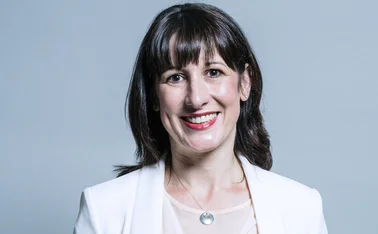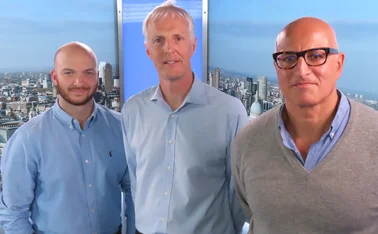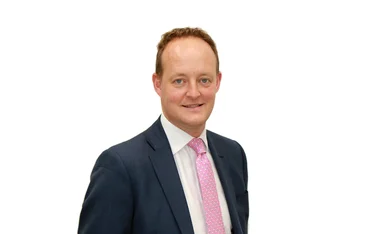
Ferma raises concerns over capacity for 2014 World Cup

The Federation of European Risk Management Associations has welcomed as "a good first step" the response of the Brazilian government to complaints and concerns from corporate insurance buyers and national and international reinsurance markets about restrictive executive orders rolling back liberalisation of the market.
In response to the issues raised from the insurance community, the Brazilian government published Resolution 232 to rescind the complete prohibition of intra-company cessions effected from 31 March 2011 through Resolution 224.
Instead, insurers will be allowed to transfer up to 20 percent of each reinsurance treaty to companies based abroad that are linked with or belong to the same financial conglomerate.
Insurance buyers represented by Ferma believe this concession is useful but not enough, given the 2007 decision of the Brazilian Parliament to end the more than 70 year monopoly of the Instituto de Reaseguros do Brasil (IRB) and open the market to competition.
Resolution 225, which also came into effect on 31 March 2011, mandates placement of 40% of reinsurance business with local reinsurers who can change terms and conditions without penalty, instead of simply giving them the right of first refusal.
Ferma said it shares the view of others in the insurance and reinsurance community that Resolution 224, even in its amended form, and Resolution 225, could prejudice development in Brazil because of:
An increase of costs and reduction of capacity of the insurance and reinsurance market
Concentration of major risks within the country instead of spread into the international reinsurance market
Reduction of the development of the market in respect of job creation and fiscal benefits
Prejudice to foreign insurers and reinsurers that have already invested in Brazil
Potential lack of coverage or capacity for important risks, such as the Olympic Games 2016 and FIFA World Cup 2014
Ferma's statement comes in support the large number of its members whose companies have invested in Brazil and the national and regional risk management associations, the Asociación Brasilera de Gerencia de Riesgos and the Asociación Latinoamerica de Administradores Riesgos y Seguros.
The President of Ferma, Peter den Dekker, said: "We still are open to dialogue with government entities in Brazil, in order to give as many explanations and clarifications as may be necessary to reach a consensus that is reasonable for all the involved parties."
Only users who have a paid subscription or are part of a corporate subscription are able to print or copy content.
To access these options, along with all other subscription benefits, please contact info@postonline.co.uk or view our subscription options here: http://subscriptions.postonline.co.uk/subscribe
You are currently unable to print this content. Please contact info@postonline.co.uk to find out more.
You are currently unable to copy this content. Please contact info@postonline.co.uk to find out more.
Copyright Infopro Digital Limited. All rights reserved.
As outlined in our terms and conditions, https://www.infopro-digital.com/terms-and-conditions/subscriptions/ (point 2.4), printing is limited to a single copy.
If you would like to purchase additional rights please email info@postonline.co.uk
Copyright Infopro Digital Limited. All rights reserved.
You may share this content using our article tools. As outlined in our terms and conditions, https://www.infopro-digital.com/terms-and-conditions/subscriptions/ (clause 2.4), an Authorised User may only make one copy of the materials for their own personal use. You must also comply with the restrictions in clause 2.5.
If you would like to purchase additional rights please email info@postonline.co.uk








